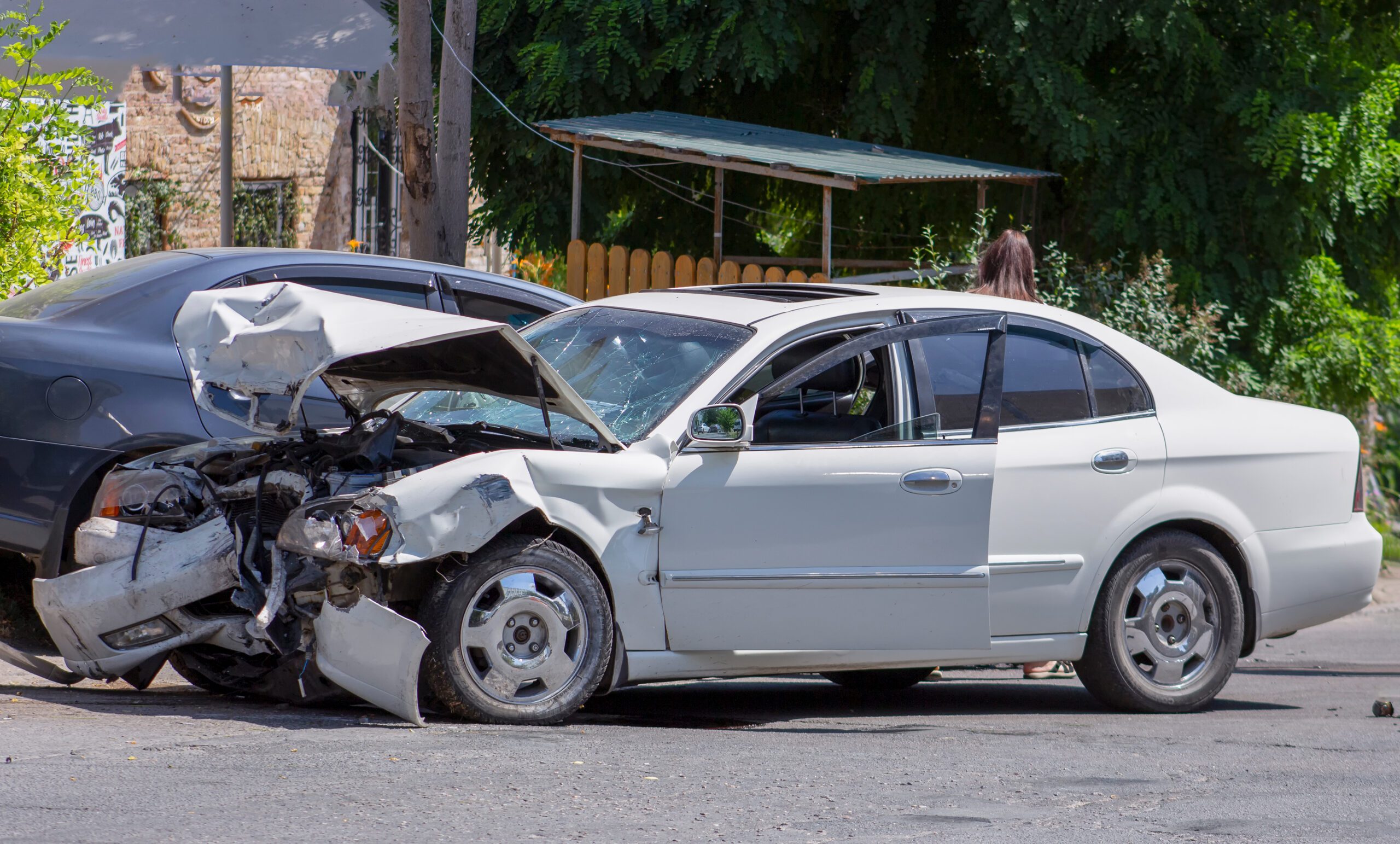

5 Things to Know About Filing a Michigan Pedestrian Accident Claim
Pedestrian accidents happen much too often, and they frequently occur because of a motorist’s careless behavior behind the wheel. When a driver is speeding to reach a destination or is looking down at a smartphone, a pedestrian who is crossing a street in a crosswalk or at an intersection can be struck by that motorist. When pedestrians are involved in collisions with motor vehicles, they often suffer serious and life-threatening injuries, and many pedestrian accidents are fatal. According to data from the National Highway Traffic Safety Administration (NHTSA), nearly 6,000 pedestrians sustained fatal injuries in traffic collisions in the U.S. in 2017. In total, pedestrian fatalities accounted for about 16 percent of all traffic crash fatalities that year. Most of these accidents and injuries are preventable.
When a pedestrian is seriously injured in a collision, it is important for that pedestrian to learn more about filing a personal injury claim for financial compensation. The following are five things you should know about filing a pedestrian accident claim in Michigan.
1. You Should Gather Evidence at the Scene of the Accident
It is extremely important to gather as much evidence as you can at the scene of the collision for your pedestrian accident lawyer to use as part of your case. You should take photographs at the scene if possible, and you should obtain contact information for any witnesses. It will be important to have evidence that you can use to prove that the motorist was at fault for the crash.
2. It is Important to See a Doctor as Soon as Possible
Even if you do not immediately think your injuries are severe, you should see a doctor for a proper medical assessment as soon as possible. Some types of injuries can take hours or even days before they produce symptoms. For example, internal bleeding might not immediately be obvious. However, if you wait too long to see a healthcare provider, your condition could worsen significantly. In such a case, the at-fault motorist could argue that you are partially at fault for the severity of your injuries.
3. You Will Only Have a Limited Amount of Time to File Your Claim
An injured pedestrian only has a limited time to file a claim under Michigan law. The Michigan statute of limitations for most personal injury cases, including pedestrian accident lawsuits, requires a plaintiff to file a claim within three years from the date of the injury.
4. Pedestrians Can Be Eligible for Multiple Types of Compensation
Pedestrians injured in collisions with motorists may be eligible for economic and non-economic damages, which are two types of compensatory damages. These damages may include payment for medical bills, lost wages, prescription medications, and pain and suffering.
5. You Should Still File a Claim Even If You Are Concerned That You Were Partially At Fault for the Collision
Michigan’s modified comparative fault law still allows plaintiffs to recover damages in a personal injury lawsuit as long as the plaintiff was not 51 percent or more responsible for the accident in which she sustained injuries. Accordingly, even if you believe you may have been partially at fault for the pedestrian accident—for example, if you were looking down at your smartphone when you crossed the street and did not see an oncoming vehicle—you should still file a claim. As long as you are 50 percent or less at fault, you will still recover damages, but your damages award will be reduced by your own percentage of the fault.
Contact a Michigan Pedestrian Accident Lawyer Today
Do you need assistance filing a pedestrian accident lawsuit in Michigan? One of the Eastpointe pedestrian accident attorneys at our firm can begin working with you today on your claim. We can help you to seek the financial compensation you deserve. Contact today for more information about the services we provide to injured plaintiffs in Michigan.







